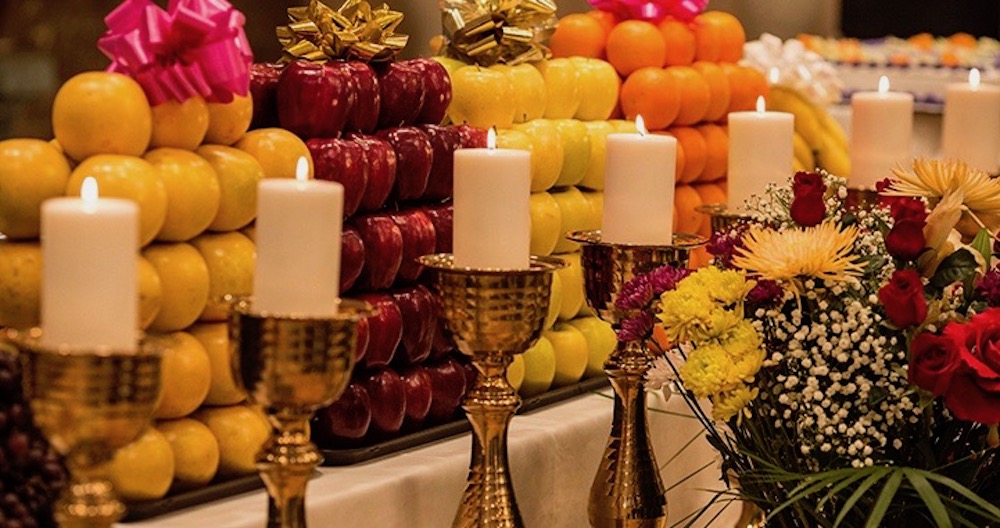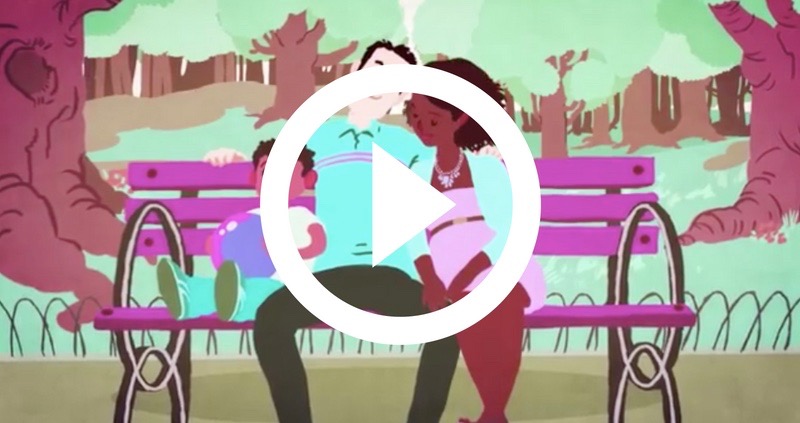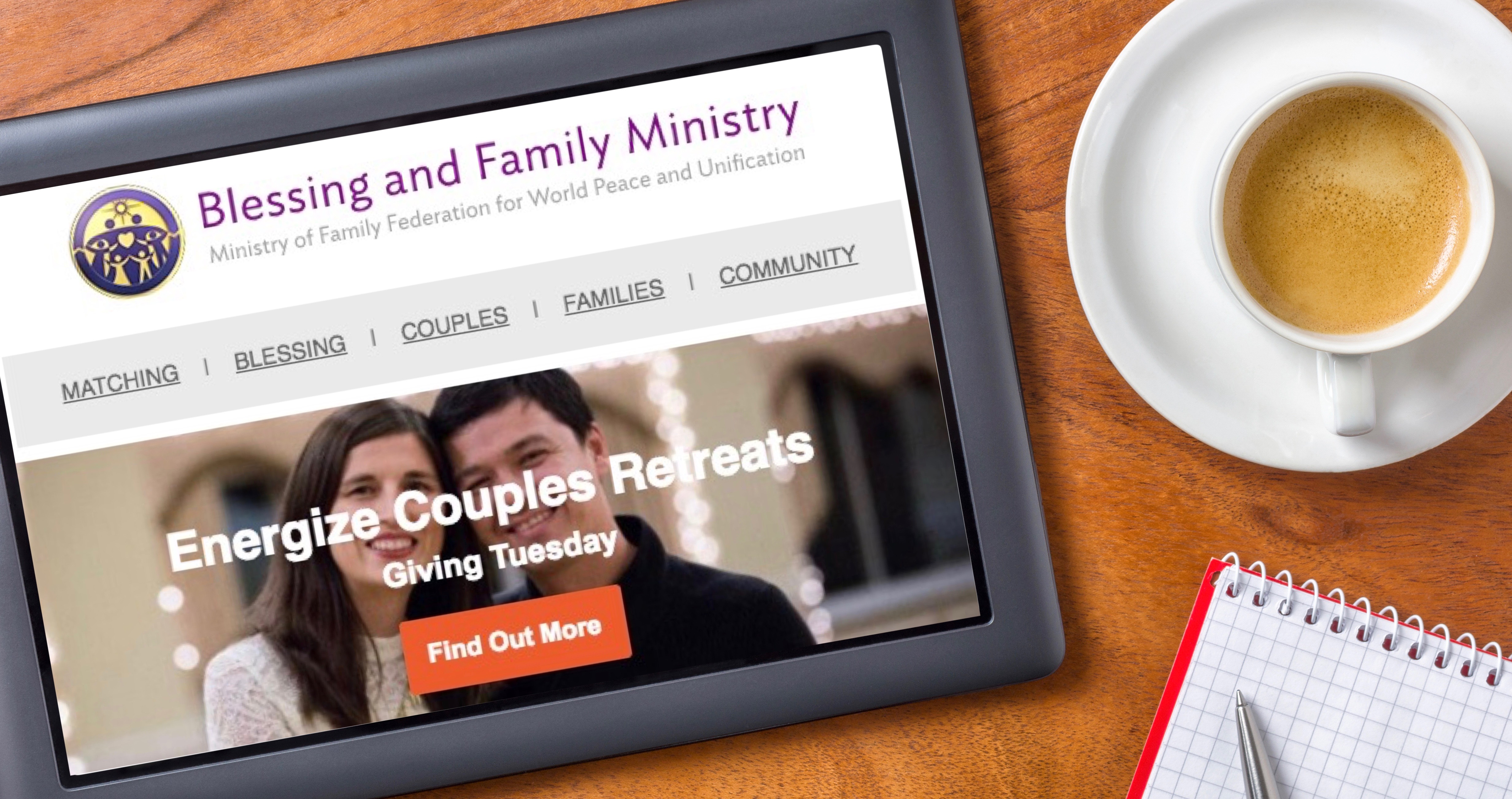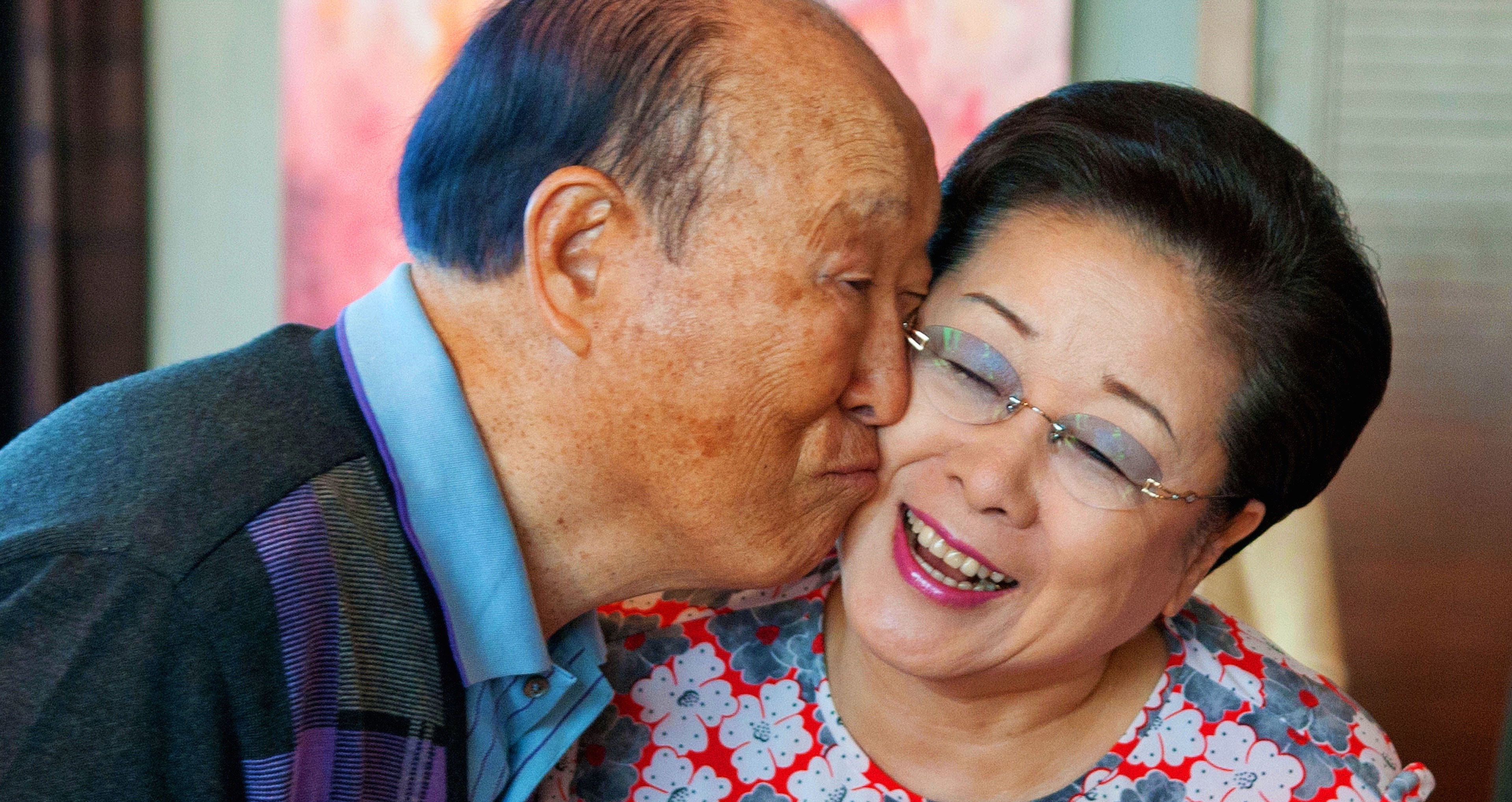
The Best Valentine’s Day Gift is Forgiveness
By Debby Gullery
It is inevitable that there will be some difficult times in any marriage and that spouses will hurt each other. Knowing how to repair the damage and restore intimacy is of utmost importance in any long-term relationship.
Research tells us that many good relationships are destroyed by the resentment that builds up when partners hurt each other and don’t make effort to forgive and move forward. Successful couples report that being able to forgive is key to maintaining their bond together and one of the greatest expressions of their love and commitment.
- Take a minute here and ask yourselves these questions:
- Are you harboring any bad feelings toward your partner?
- Is there anything you need to ask forgiveness for? Have you hurt your partner or violated their trust in any way?
- Do you need to forgive your partner for anything?
- Are you carrying any grudges over things your partner may have done? If so, how might that be affecting your relationship and what steps can you take to change it?
With this reflection, many of us will recognize that there’s room for improvement in this area. For this reason, having some simple repair strategies at the ready can be helpful. Often, a gesture, a kind word, a cup of coffee or a joke, is all that’s needed to reset and restart the loving feelings. And being receptive to our partner’s efforts to repair the relationship is equally important.
Working to defuse and repair the smaller tensions, keeps a couple connected and resilient, but there will still be times where deeper forgiveness is needed. Since many of us tend to have some confusion and misunderstanding around the idea of forgiveness, let’s start there. What does it mean to forgive and why is it so important to strive for in marriage? Here are five ways to clarify the nature and value of forgiveness:
- Forgiveness is a decision.
Forgiveness is a decision we make to cancel a debt, to pardon our partner for hurting us, and to give up the urge to get even or to make them pay. Forgiveness also means that we stop keeping score or reminding our partner that they hurt us.
- Forgiveness opens the gates to reconciliation.
Forgiving someone is not like a magic wand – it doesn’t make everything go away as if the offense never happened. It does not mean forgetting the offense, or that we’ll immediately stop feeling the pain and anger. It doesn’t mean that the person who forgives is denying the offender’s responsibility, or that they are releasing the offender from needing to correct the problem. It just means the gates are opened for reconciliation and healing to begin.
- Trust needs to be earned.
Forgiving someone doesn’t mean that things will automatically go back to the way they were before, especially when it comes to the level of trust between partners. Trusting someone means that we have confidence we can depend on another person to do what they say they will do. Trust develops based on our experiences with one another, so when it is interrupted or severed for any reason, it needs to be rebuilt, and that takes time. Trust needs to be earned.
- Forgiveness restores equality.
It brings benefit to both sides. The person who is doing the forgiving feels better about themselves and can begin to heal. The person who receives forgiveness is released from their emotional prison and their one-down position. When one person is in the position of forgiving, it puts them in a one-up position, which means that the relationship becomes unequal. It is very hard to have an honest, healthy relationship when one person feels that they are better than the other. The decision to forgive allows for equality and intimacy to resume between you.
- Forgiveness is a process.
Forgiveness is not always a simple, one-time thing, but often a process that needs to be repeated several times on deeper levels. Again, it’s not magic, so it makes sense that it may need to be repeated and processed over time.
With these points in mind, it can be helpful to practice forgiveness in a structured way to get the ball rolling. Here’s an example of a structure you can use:
How to Forgive:
- Make a specific time to work on the issue in question.
- Explore fully and respectfully the pain and concerns that are related to this issue for both of you.
- The offender asks for forgiveness.
- The offended agrees to forgive.
- Make a positive commitment to change if there any recurring patterns involved.
- Agree to move forward.
Remember that forgiveness is not just a feeling but a choice we make, so it won’t automatically remove the pain or the consequences. Even when we forgive our partners, we can expect to experience some pain because of what they did. It’s a process.
Forgiveness simply removes the barrier between us so that we can reconnect and move on.
And that is ultimately what both partners want. Let’s face it – we are always going to make mistakes and a healthy relationship requires that both people take responsibility for their actions. When our hearts are filled with pain, there’s no room for love. For this simple reason, we need to be willing to ask for forgiveness when necessary, and to forgive our partners when needed.
As Bill Moyers so poignantly says:
“In marriage, every day you love, and every day you forgive. It is an ongoing sacrament, love and forgiveness.”
This article is adapted from Debby’s book, Small Steps to Bigger Love, which is available through HSA Publications and on Amazon. It includes a study guide for small group use. Debby is also available for couple coaching and workshops and can be contacted at coachgullery@gmail.com or at https://www.debbygullery.com.






